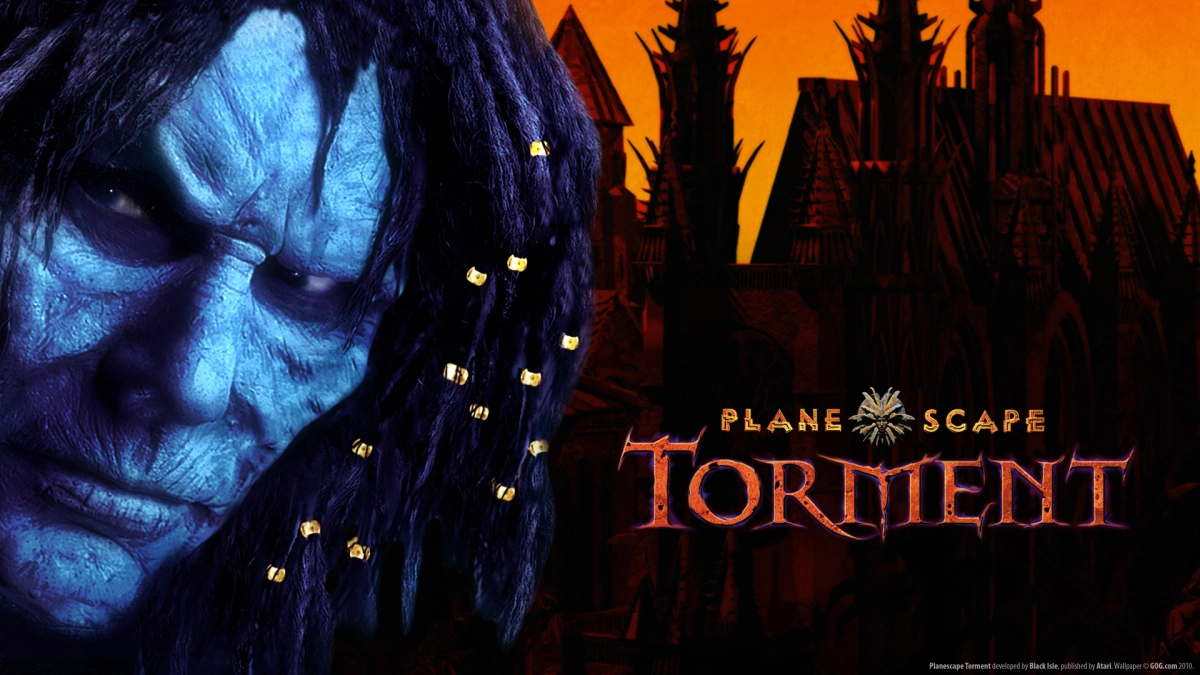Torment Tides of Numeria is the reason people get into videogames, role playing games, fantasy, programming, you name it. Torment Tides of Numeria is a game that makes you want to go out and do something, to conquer worlds or at the very least shake it with your conviction. A would be god falling to earth, magic that's not magic, a host of dimensions and races that make the world seem larger than it is, a unique crisis system which enables for more than just combat. And a range of other little world building checkboxes within the overall presentation which hangs upon other elements of the game to form a unified fantastical experience.
There were divergent pathways, there were quests that flowed into other quests there were memorable characters and there were interesting dilemmas. I enjoyed Torment Tides of Numeria, just as much as I enjoyed Tyranny, or if we're harkening back to the inspiration for these videogames Planescape: Torment. The storyline follows many of the same beats as Planescape with the amnesic player-character, and their near mythical status as the person who cannot die. Torment, as opposed to Planescape, runs with this superpower and uses the fact that the player-character's near immortality is something which has been monopolised on in the past enabling for a god-worship of the player-character due to their inability to die and their mastery of the 'tides' a power that runs above the worlds themselves and affects dimensions. The player discovers tall of this through their playthrough of the videogame, choosing to return to their lofty godhood, or to again become humble in their endeavors to stop their powergrab/desire to live forever and come to terms with their mortal coil - so as to save all worlds from the disruption of the tides. Although this presentation gives the player an ability for self redemption (through their self sacrifice), as well as the ability to proceed with their 'I want to live forever' masterplan the impact of the end game choice does not appear to be as weighty as Planescape's. Although once again the player-character is dealing with the fate of the universe in comparison to their own life the impetus for living forever and atoning for that desire seems weaker than Planescape's self redemption, and then eternal damnation fighting the endless wars. The player-character although they can express guilt, does not explore what can change the nature of the man - instead the player-character proceeds to continue looking for the next objective and task without that impact of what they are and why they should change becoming apparent. Not that the game was a bad one at all, just the impact of the ending compared to Planescape meant that the resolution was not tied into what the player's character has done.
That all being said the companion character of Rhin made for a compelling narrative for the later half of the videogame. Rhin is an orphan thrust into the world of Numeria, who can later become a companion character and allow you to reuse cyphers (powerful spells); however as a child she is not very strong in a fight. And it's strange because the normalcy of having a child as a party member (who wasn't that useful originally) really grew on me as I was playing the videogame, to the extent that I kept her in the party because she didn't want to live out on the streets, and had a hard time dealing with different encounters. Eventually I learned how to play with Rhin as a companion character and used her to support my other characters, yet half way through my play I was offered a choice to release Rhin into an orphanage so that she could have a normal childhood (albeit in the future with a couple that she did not know). I initially refused based on the fact that Rhin did not seem comfortable with the arrangement, and that the whole thing felt as though I was abandoning the companion character as a nuisance, rather than actually trying to help her out. Later I was presented with a similar situation except instead of offloading Rhin to an orphanage, I was given the chance to return Rhin to her original home, which Rhin was a fan of. I was torn at this point because it was close to the end of the videogame, and I had leveled Rhin up to the point that she was contributing to the team. I actually didn't want to let her go. Eventually I relented and returned her to her own dimensional area, but for a while both narratively and gameplay wise I wanted to keep her on as a companion character.
So for that character of Rhin, and the crisis of doing the right thing vs being able to beat the game I was happy for the development of Torment Tides of Numeria. Apparently the whole situation with Rhin is largely optional and up to the player to complete as they wish, so it felt really nice to have finished the videogame with my own little contribution to my companion characters - I returned a girl back to her homeworld, how can that not be satisfying? And it wasn't something that I had to do but a nice self contained story that felt well told and also put pressure on me as a player and character to do the right thing vs. my own abilities (which is something that not a lot of videogames do). Planescape I think did this to a large extent with the ability for the player-character the 'Nameless One' to take damage or stunt skills in order to find more about themselves or the world, which was a good trade off in terms of a cost for knowledge.



No comments:
Post a Comment